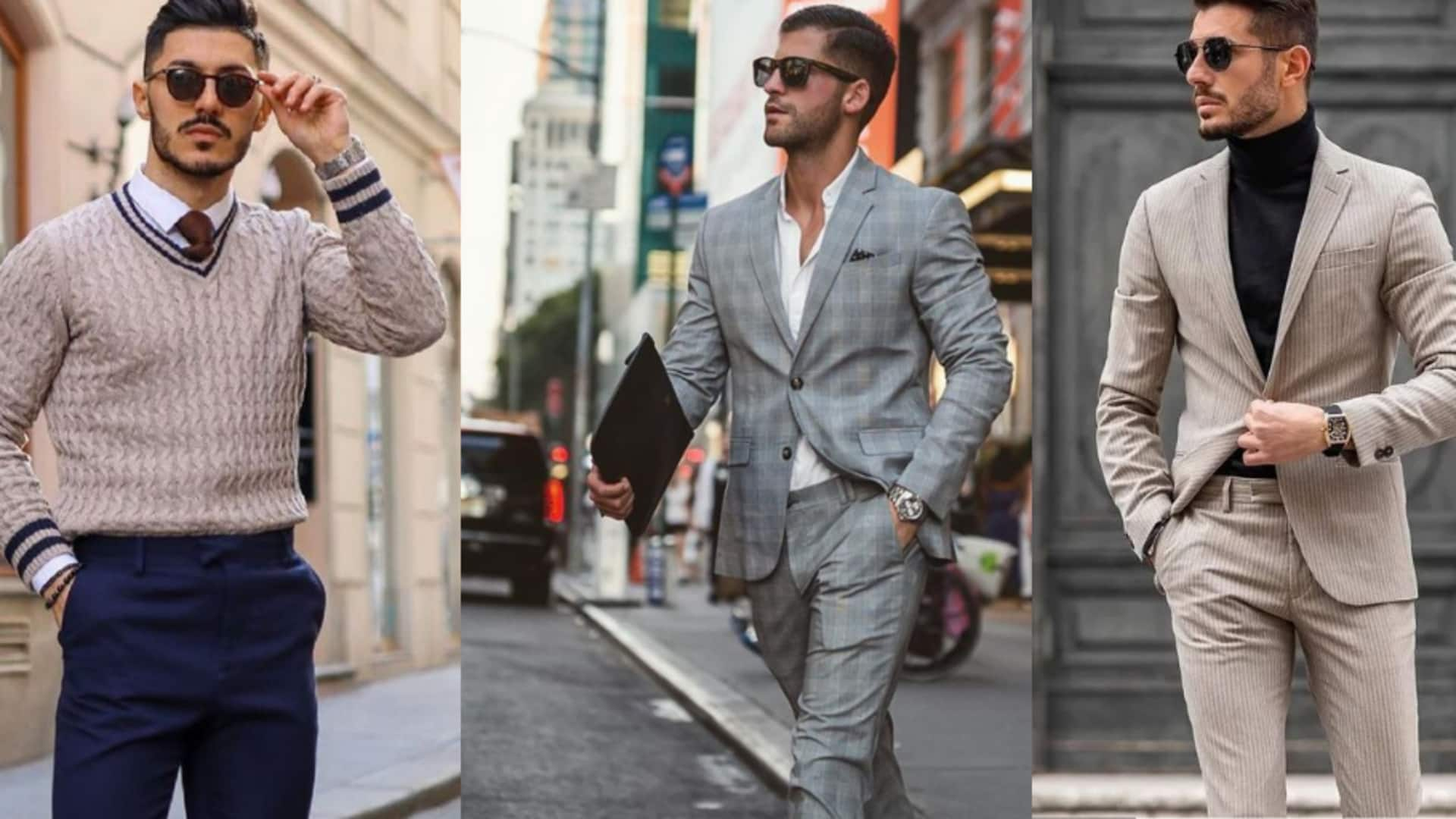
Here's how to master interview attire codes
What's the story
Navigating the world of job interviews can be daunting, especially when it comes to selecting the right outfit.
Your attire is often the first impression you make on a potential employer, and it can speak volumes before you even utter a word.
Understanding dress codes for various industries ensures you present yourself as a polished candidate who respects the company's culture.
Attire 1
Deciphering corporate dress codes
For corporate roles, prioritize a conservative and classic look. A well-tailored suit in navy, black, or gray stands as your safest choice.
Men should pair a long-sleeved shirt with a tie, while women have the option of a pantsuit or skirt suit, complemented by modest accessories.
It's crucial to ensure that clothes fit perfectly and that shoes are polished, to project utmost professionalism.
Attire 2
Embracing business casual
Business casual blends professionalism with less formality.
Men should opt for slacks and a collared shirt without needing a tie.
Women can choose between a blouse with tailored pants or a pencil skirt.
Footwear must be closed-toe, and heels should be of moderate height.
This attire ensures a professional yet relaxed appearance, suitable for various professional environments.
Attire 3
Dressing for creative fields
In creative fields, attire allows for more personal expression while keeping a professional tone.
Men might consider combining chinos with a smart blazer, and women could select stylish dresses or distinctive separates that showcase their personality in a sophisticated manner.
The key is to be individualistic yet not overwhelming—aim for your clothing choices to subtly reflect your creativity and professional ethos.
Attire 4
Navigating startup culture
Startups often favor a casual work atmosphere, yet dressing thoughtfully for interviews is crucial.
It's best to steer clear of too casual items like shorts or flip-flops.
Instead, opt for a smart-casual look—a clean, neat T-shirt paired with jeans and pristine sneakers or loafers is advisable.
This attire demonstrates that you are both relaxed and respectful of the company's culture.
Tip 5
Final touches matter
Regardless of the industry norms, paying attention to detail is crucial.
Ensure that all garments are well-ironed and free from any stains or tears.
Personal grooming also plays a significant role; maintain tidy hair and opt for minimalist makeup or nail polish to uphold a professional demeanor.
Furthermore, choose accessories that enhance rather than detract from your overall appearance, keeping them subtle yet tasteful.